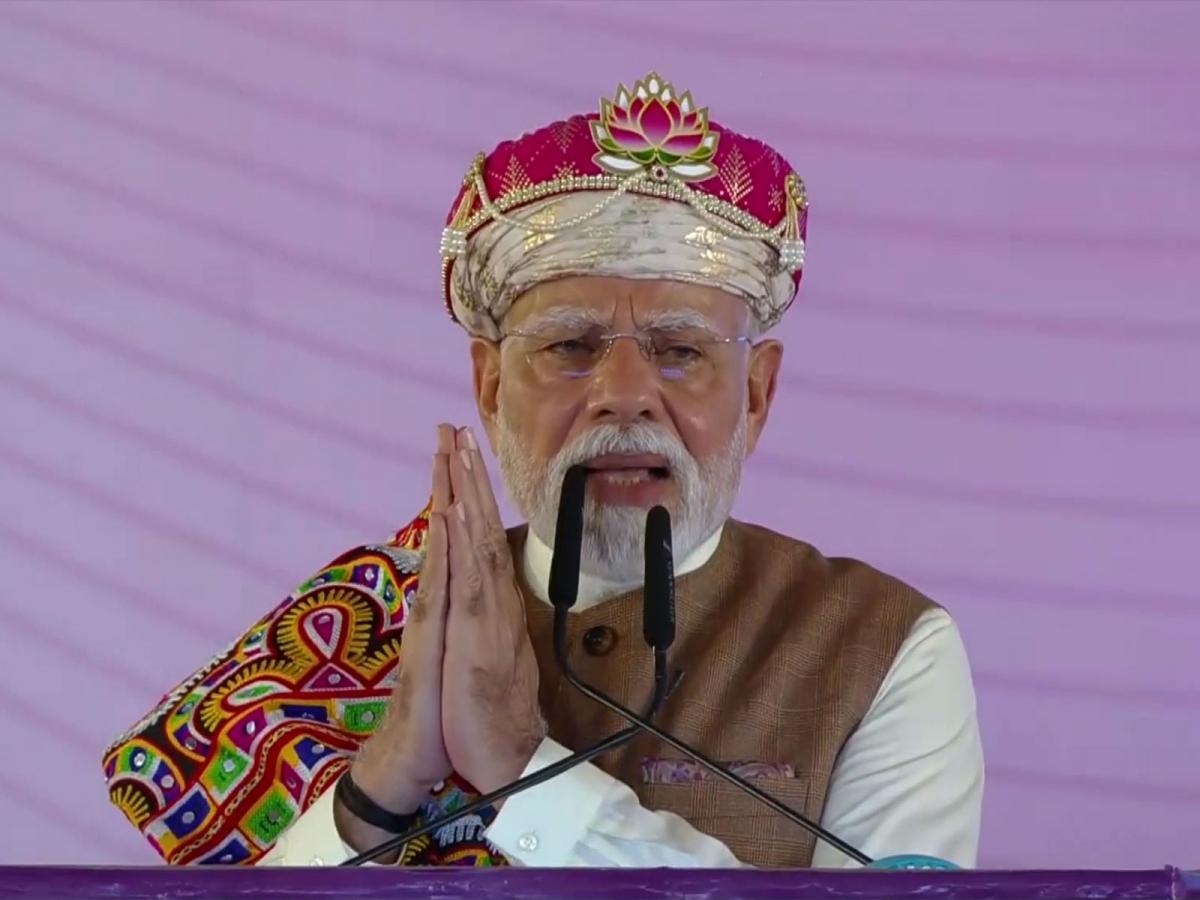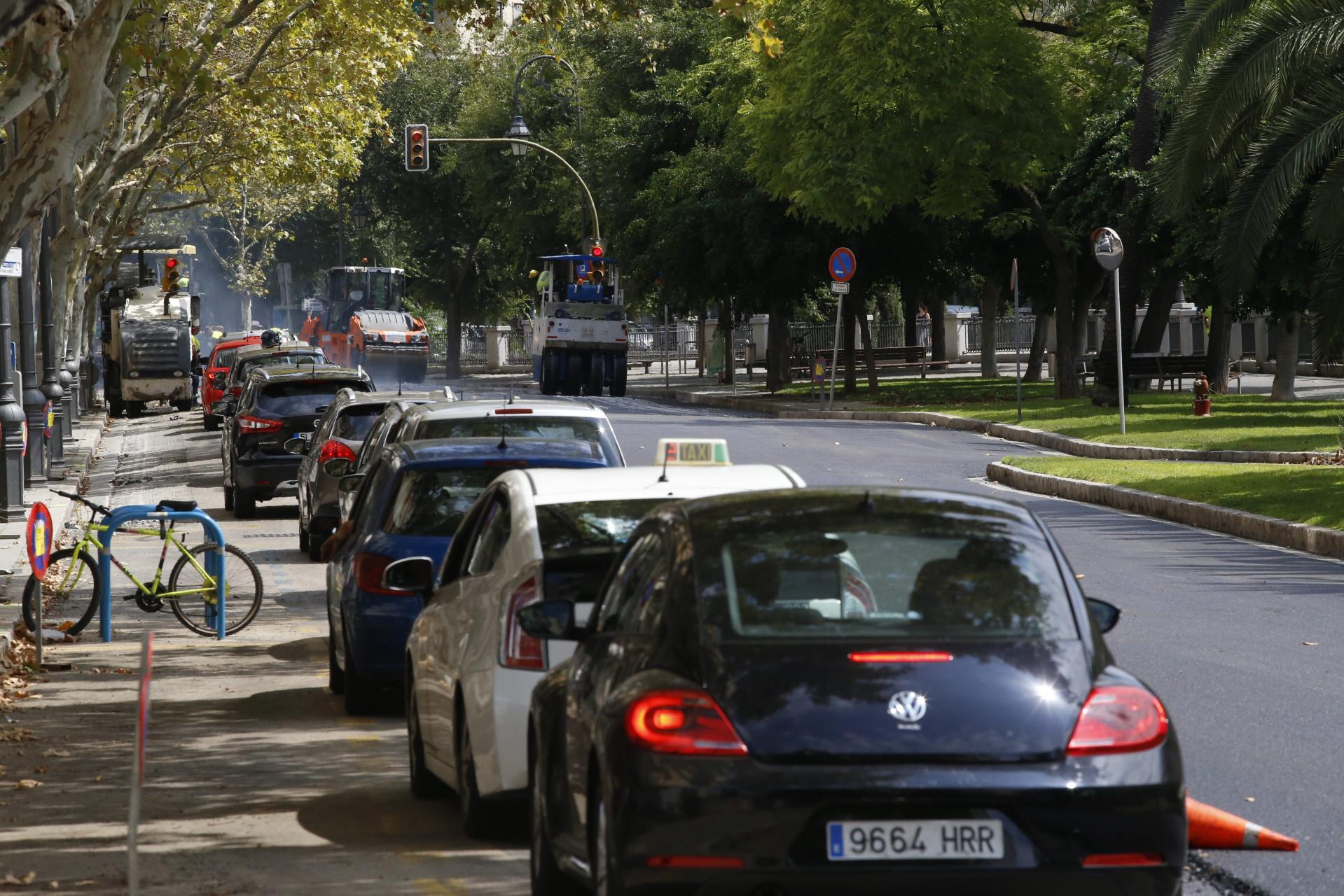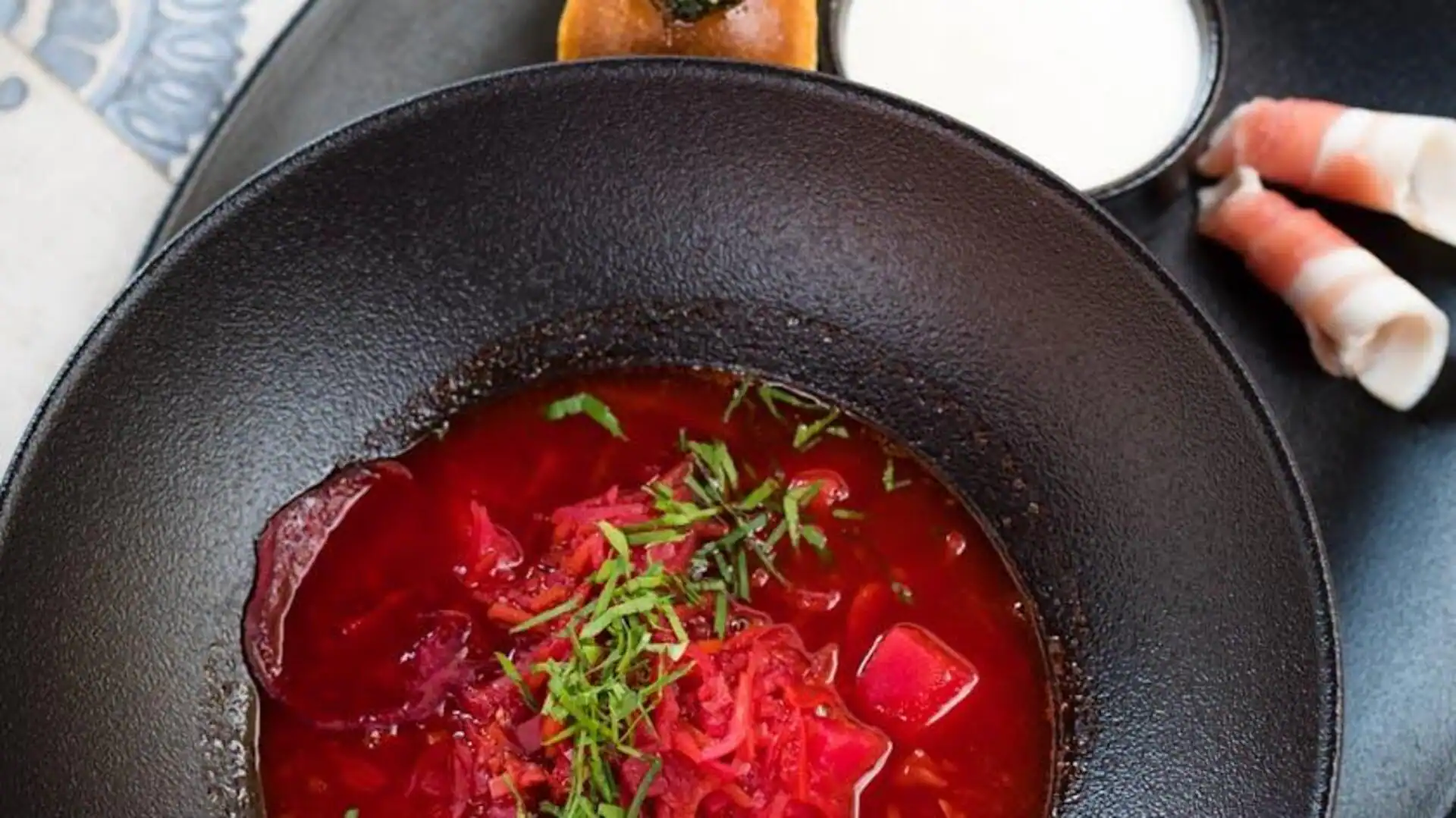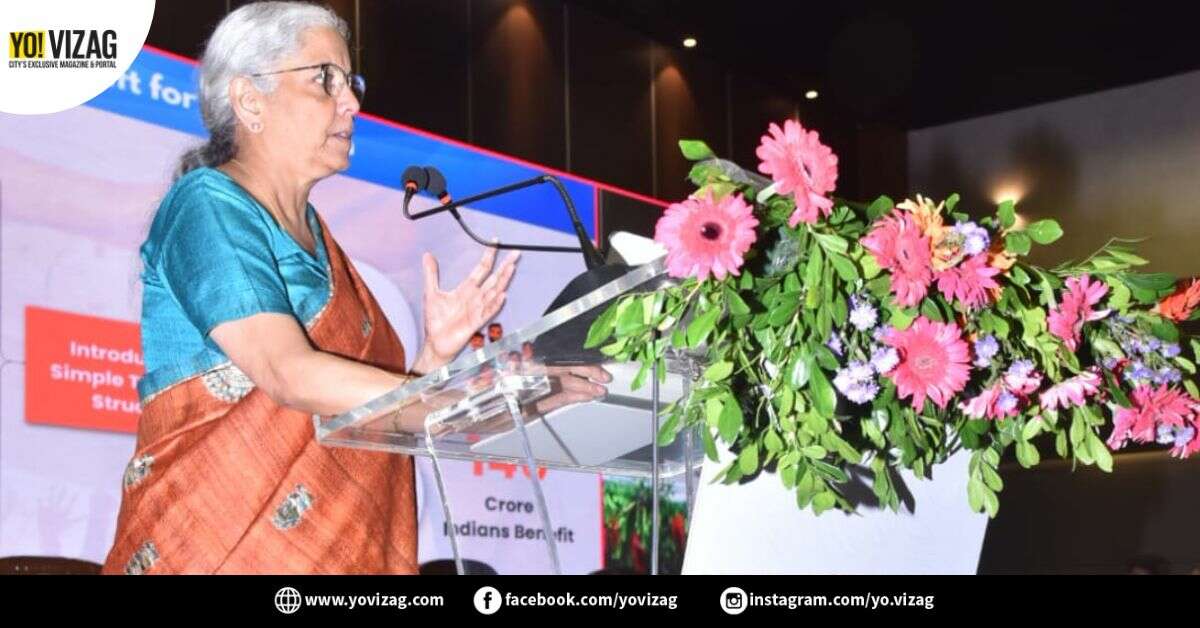
Prime Minister Narendra Modi marked a significant day by laying the foundation stone and inaugurating a series of development projects in Dhar, Madhya Pradesh. The event coincided with the birth anniversary of Lord Vishwakarma, the divine architect, and was a celebration of India’s rich cultural heritage. Addressing a large gathering, Prime Minister Modi paid homage to the Goddess of Knowledge, Vagdevi, and the revered mother of Dhar Bhojshala. He emphasized the importance of craftsmanship in nation-building, acknowledging the contributions of Lord Vishwakarma. The Prime Minister highlighted the historical significance of Dhar, a land known for inspiring valor and courage. He recalled the bravery of Maharaja Bhoj and the sacrifice of Maharshi Dadhichi, drawing parallels to the current national priorities. “The bravery of Maharaja Bhoj teaches us to stand firm in defense of national pride,” he stated, underscoring the importance of national security. He also mentioned Operation Sindoor, a recent military operation targeting terrorist hideouts in Pakistan, affirming India’s resolve to protect its citizens and sovereignty. In a broader context, Prime Minister Modi emphasized the importance of Hyderabad Liberation Day, commemorating the integration of Hyderabad into India. This day, he noted, symbolizes India’s unity and the valor of the armed forces. “Hyderabad Liberation Day serves as a reminder that nothing is greater than the honor, pride, and glory of Mother India,” he declared, urging citizens to dedicate their lives to the nation. Empowering Women and Health Initiatives The Prime Minister outlined a vision for a developed India, free from colonial chains and advancing rapidly. He identified four key pillars of this journey: women’s empowerment, youth empowerment, support for the poor, and the advancement of farmers. The day’s program, he noted, strengthened these pillars, with a special focus on women’s empowerment. “From this platform, the ‘Swasth Nari, Sashakt Parivar’ campaign has been launched,” he announced, highlighting the government’s commitment to women’s health and empowerment. The ‘Swasth Nari, Sashakt Parivar’ campaign, launched on the occasion, aims to provide comprehensive health services to women across the country. The campaign will run from September 17 to October 2, with over one lakh health camps organized nationwide. These camps will offer screenings for various health conditions, including blood pressure, diabetes, anemia, tuberculosis, and cancer. All tests and medicines will be provided free of cost, with the government bearing the expenses. The Ayushman Card will serve as a protective shield for further treatment. Prime Minister Modi urged women to participate in these camps and spread awareness in their communities, emphasizing that no mother or daughter should be left behind. In addition to health initiatives, the Prime Minister announced the launch of the ‘8th Rashtriya Poshan Maah’ campaign, focusing on nutrition and maternal health. The Pradhan Mantri Matru Vandana Yojana, a scheme providing financial assistance to pregnant women, was also highlighted. Under this scheme, â‚ą5,000 is transferred to the bank account upon the birth of the first child, and â‚ą6,000 upon the birth of a second daughter. To date, 4.5 crore pregnant mothers have benefited from the scheme, with over â‚ą19,000 crore disbursed. Economic Empowerment and Textile Industry Boost Addressing the serious challenge of sickle cell anemia in tribal regions, the Prime Minister announced a national mission to protect tribal communities from this disease. The mission, launched in 2023, has already screened over five crore individuals across the country. The Prime Minister emphasized the importance of sickle cell screening in safeguarding the lives of tribal communities and urged tribal mothers and sisters to undergo screening. The Prime Minister also highlighted several initiatives aimed at reducing the hardships faced by women. These include the construction of toilets under the Swachh Bharat Abhiyan, the provision of free LPG connections under the Ujjwala Yojana, and the Jal Jeevan Mission to ensure household water supply. The Ayushman Bharat scheme, offering free treatment up to â‚ą5 lakh, has significantly improved women’s health outcomes. The PM Garib Kalyan Anna Yojana, a free ration scheme, ensured that even during the COVID-19 pandemic, the kitchen fires of poor mothers did not extinguish. Economically empowering women is a key focus of the government, with crores of women availing loans through the Mudra Yojana to start new businesses and set up industries. The government is actively working to transform three crore women into ‘Lakhpati Didis’, with nearly two crore already achieving this milestone. Women are being positioned at the heart of the rural economy, trained as Bank Sakhis and Drone Didis, and driving a new wave of transformation through self-help groups. Commitment to Swadeshi and National Development The Prime Minister emphasized that the welfare of the poor and improving their lives has been the government’s highest priority over the past 11 years. He noted that service to the poor never goes in vain, and with even a little support, they demonstrate the courage to overcome immense challenges. “Service to the poor is the greatest purpose of my life,” he stated, reiterating the government’s commitment to designing and implementing schemes with the poor at the center. The impact of the government’s policies is now visible to the world, with 25 crore people in India having risen out of poverty. This transformation has instilled a new sense of confidence across society. The Prime Minister clarified that these efforts are not merely schemes—they are guarantees of change in the lives of poor mothers, sisters, and daughters. Bringing a smile to the face of the poor and safeguarding the dignity of women is his highest devotion and unwavering commitment. Highlighting the rich tradition of Maheshwari textiles in Madhya Pradesh, the Prime Minister recalled the legacy of Devi Ahilyabai Holkar, who gave the Maheshwari saree a new dimension. The PM MITRA Park in Dhar, inaugurated on the occasion, will advance this legacy. The park will provide easy access to essential weaving materials like cotton and silk, simplify quality checks, and enhance market connectivity. Spinning, designing, processing, and export will all take place within the same facility, making the entire textile value chain available at one location. The park is expected to generate three lakh new employment opportunities and significantly boost exports. Related



